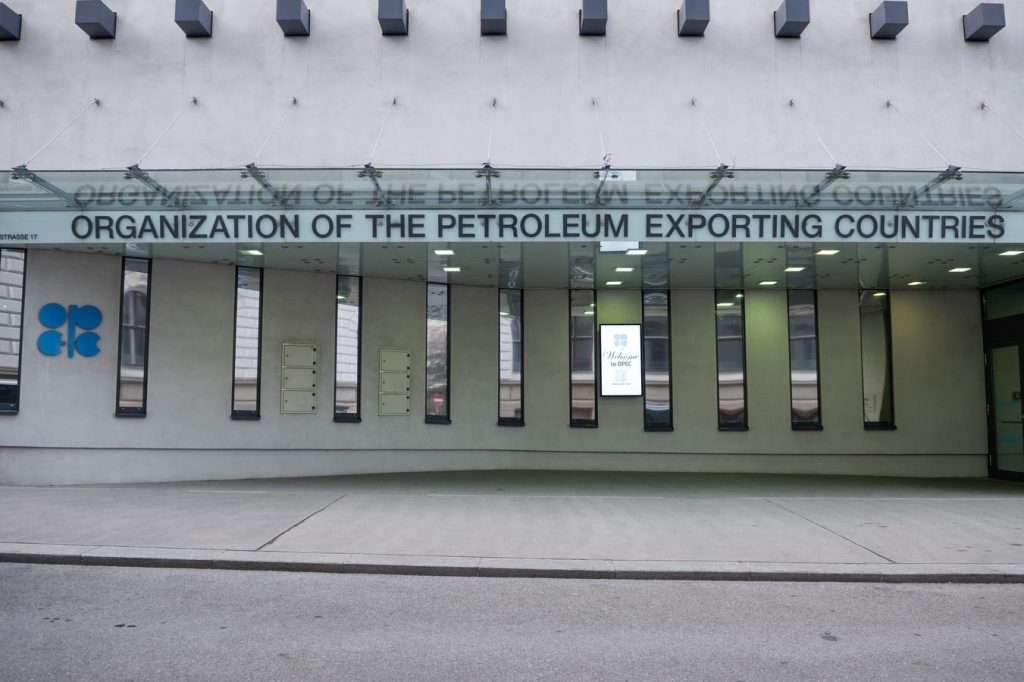At the upcoming OPEC+ meeting on June 1, the cartel will have to decide whether to increase production targets, as global oil demand forecasts remain uncertain. While OPEC predicts a significant increase in demand, other market forecasters like the IEA and EIA are more conservative in their estimates. This lack of consensus has led to confusion in the market, especially as oil prices have remained relatively stable around $83 a barrel.
The disagreement between OPEC and other experts is evident in their differing views on demand growth in the first quarter of the year. This lack of clarity has led to concerns about the accuracy of future forecasts, as revisions can negatively impact a forecaster’s credibility. Additionally, recent market signals suggest that OPEC may have been overly optimistic in its post-pandemic enthusiasm, as pent-up demand from the pandemic has likely already been unleashed.
Despite signs of a tight market reflected in the Brent forward curve, recent data shows that global oil inventories have not decreased as expected in the first quarter. This is particularly worrisome for OPEC+, which is hoping for a significant increase in demand in the third quarter of 2024. If demand does not materialize as expected, the cartel may face pressure to adjust its production targets, which could have significant implications for oil prices and member states’ budgets.
Countries like Saudi Arabia and the UAE, which have large oil production capacities, are likely to push for a more cautious approach at the upcoming meeting. While increasing output could help stimulate demand, it also runs the risk of lowering oil prices and impacting state budgets that rely heavily on oil revenue. The decision made at the June 1 meeting will be crucial in determining the future direction of the oil market, especially as economic data from major consumers like the United States and China continue to influence market sentiment.
Ultimately, the uncertainty surrounding global oil demand and the conflicting forecasts from various experts have made it challenging for OPEC+ to determine the appropriate course of action. With geopolitical tensions in the Middle East and signs of weakening demand in the industrial sector, the cartel is facing a complex decision at a time when market stability is crucial. The outcome of the June 1 meeting will likely have significant repercussions for the oil market and the global economy as a whole.


